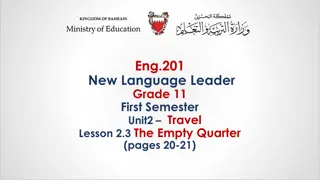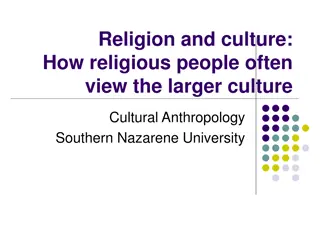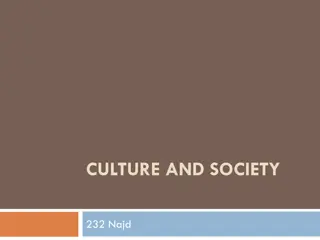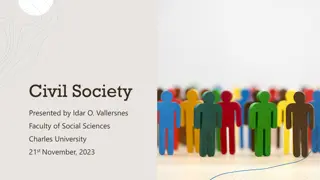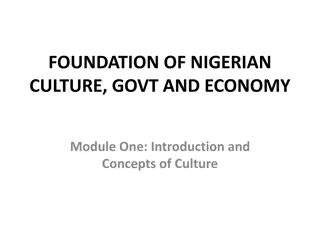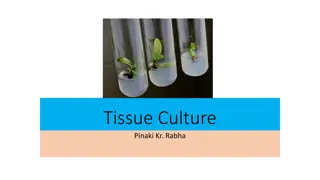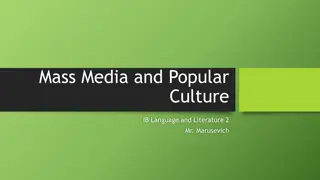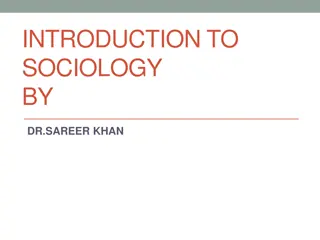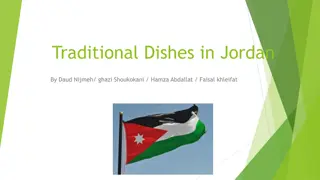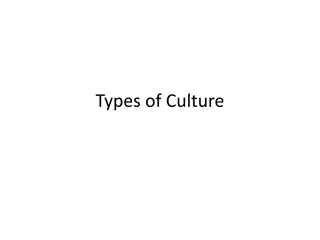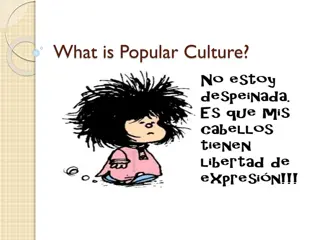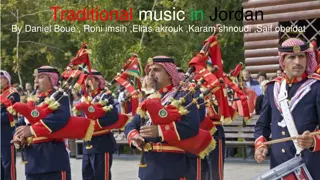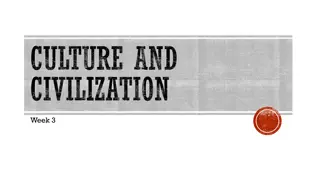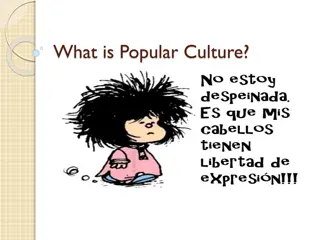Camel Culture in Omani Bedouin Society: Proximity and Relationship Dynamics
This study explores the significance of camel ownership as a rite of passage in Omani Bedouin culture, focusing on the nurturing relationships between camels and their owners from an early age. It delves into the cultural values, practices, and social implications associated with camels in the Bedouin community, shedding light on the role of these animals in shaping identities and traditions.
Download Presentation

Please find below an Image/Link to download the presentation.
The content on the website is provided AS IS for your information and personal use only. It may not be sold, licensed, or shared on other websites without obtaining consent from the author.If you encounter any issues during the download, it is possible that the publisher has removed the file from their server.
You are allowed to download the files provided on this website for personal or commercial use, subject to the condition that they are used lawfully. All files are the property of their respective owners.
The content on the website is provided AS IS for your information and personal use only. It may not be sold, licensed, or shared on other websites without obtaining consent from the author.
E N D
Presentation Transcript
Research Plan Presented By Dr. Ibtisam Al-wahaibi Business communication Unit
Recent Research Publications Al-Busaidi, A. S., Dauletova, V., & Kwitonda, J. C. (2023). Probing the Coping Processes Between Social Media (WhatsApp) Addiction and Mental Health During Social Distancing. International Journal of Communication, 17, 26. Al-Busaidi, A. S., Dauletova, V., & Al-Wahaibi, I. (2023). The role of excessive social media content generation, attention seeking, and individual differences on the fear of missing out: a multiple mediation model. Behaviour & Information Technology, 42(9), 1389-1409. Alwahaibi, I., Dauletova, V., & Wels, H. (2023). Camels in the Bedouin Community of Oman: Beyond the Human Animal Binary. Anthrozo s, 36(1), 1-14. Alwahaibi, I., Dauletova, V., & Wels, H. (2023). Camel ownership as a fast passage to adulthood in Omani bedouiun culture . Anthrozo s, 40(6).
Recent Research Publications Al Riyami, S., Razzak, M. R., & Al-Busaidi, A. S. (2023b). Work from home and workplace ostracism, beyond the COVID-19 pandemic: Moderating effect of perceived organizational support. International Journal of Manpower. Dwivedi, Y. K., Kshetri, N., Hughes, L., Slade, A., Emma Louise, Jeyaraj, Kumar Kar, A., Abdullah M. Baabdullah h, M. A. A., Alex Koohang i, Vishnupriya Raghavan j, Manju Ahuja k 1, Hanaa Albanna l 1., & Al-Busaidi, A. S. (2023). So what if ChatGPT wrote it? Multidisciplinary perspectives on opportunities, challenges and implications of generative conversational AI for research, practice and policy. International Journal of Information Management, 71(8), 1 63.
Recent Research Publications . Al-Alawi, L., Al Shaqsi, J., Tarhini, A., & Al-Busaidi, A. S. (2023). Using machine learning to predict f factors affecting academic performance: The case of college students on academic probation. Education and Information Technologies. Al Riyami, S., Razzak, M. R., & Al-Busaidi, A. S. (2023a). Mindfulness and workplace ostracism in the post-pandemic work from home arrangement: Moderating the effect of perceived organizational support. Evidence-Based HRM: A Global Forum for Empirical Scholarship, ahead-of-print. Al Riyami, S., Razzak, M. R., Al-Busaidi, A. S., & Palali , R. (2023). Impact of work from home on work-life balance: Mediating effects of work-family conflict and work motivation. Heritage and Sustainable Development, 5(1), 33 52.
Future research agenda Social and cultural anthropology. Student academic performance using AI. Social media use and communication. Social media and fake news Phubbing. Communication and identity in Omani cultural events.
Recent published research Camel Ownership as a Passage to Adulthood in Omani Bedouin Culture. The context is the Omani Bedouin culture, which is inseparably linked to camel culture. This culture promotes the importance of nurturing relationships between camels and their cameleers. We suggest that proximity to and contact with camels from an early age helps camel- owning Bedouin children to navigate their journey more smoothly from childhood to adulthood. The study is based on informal conversations, collected over 1 year, with Bedouin children and their parents who have all grown up with camels in Al Wahiba, a Bedouin people of the Sharqiyah, Oman.
By analyzing such narratives, we aimed to demonstrate the depth of impact that this contact with camels has on the cognitive, emotional, and social development of Bedouin children. The data suggest that child cameleers experience emotional, social, and cognitive benefits from contact with and attachment to camels. The findings from the parents of these adolescents also suggest that the children demonstrate higher levels of cognitive and emotional maturity and seem to socialize and become integrated into the community more easily compared with their siblings who do not own camels. The novelty of the current study is that it sheds light on how the socio- cultural context embedded in the Bedouin culture affects the degree and nature of a child s attachment to a pet camel and how that affects development in adolescence.
Thank you Sultan Qaboos University


